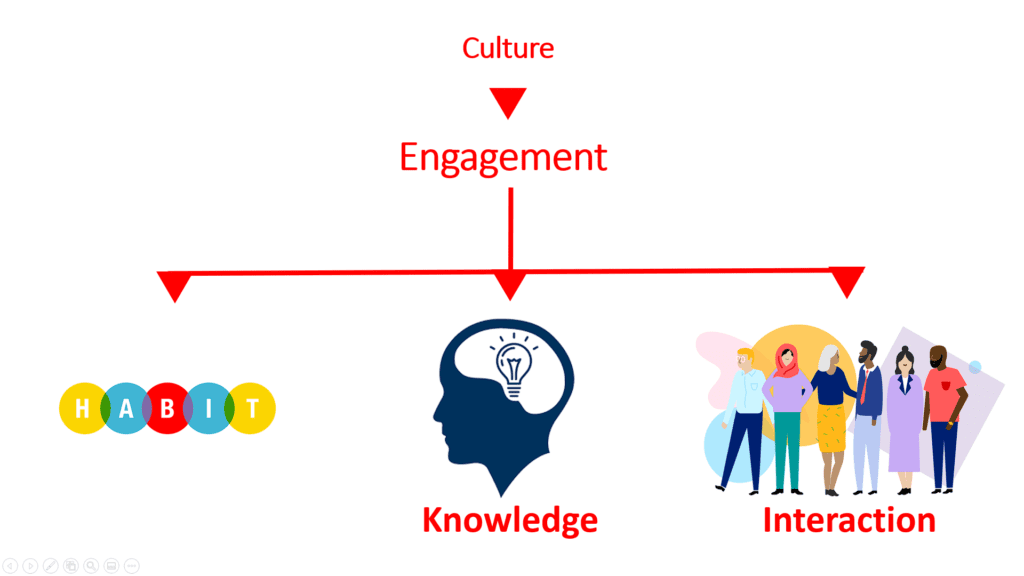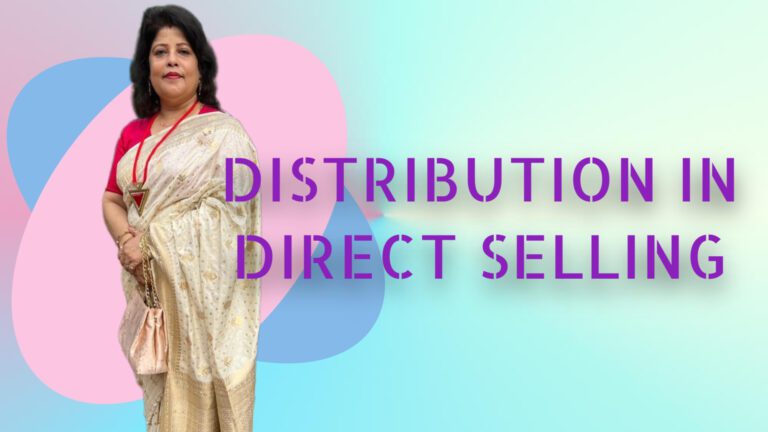Culture is what enables companies to grow and scale at pace – not products or services. It’s autocratic in direction and democratic in execution.
In business, products and services come and go, but culture is what fuels long-term success.
The most successful companies—from corporate giants to unicorn startups—thrive on a strong, self-sustaining culture. It’s autocratic in direction, democratic in execution.
But does this apply to Direct Selling? Absolutely. In fact, culture is even more critical in this space, where decentralized teams operate with autonomy.
Without a clear cultural foundation, teams struggle with inconsistency, weak retention, and declining performance over time. The bigger you grow, the more challenging it becomes to keep your culture intact.
So how do you build a culture that grows with you?
Here are five powerful culture-building principles to help you scale sustainably in Direct Selling.
The following are secret insights that can unlock the immense potential that’s locked within your team.

Define & Position Your Virtues
Your virtues—deeply ingrained values shaped by mentors, experiences, and family—form the DNA of your leadership. They also shape the cultural foundation of your team.
🔹 Why This Matters: Your team mirrors your beliefs. If you want a culture of trust, discipline, and ownership, you must embody and broadcast those values daily.
🔹 How to Apply:
- Articulate your core values consistently across all platforms—team calls, meetings, content, and even casual interactions.
- Recognize and reward behaviors that align with your values.
- Encourage team members to uphold these virtues so that they become self-regulating.
👉 A well-defined culture naturally filters out misaligned individuals and attracts high-quality talent..
One example of this is positioning your leadership, explained in my previous piece on How to use Communication for sustainable growth in Direct Selling.
Build Professional Competence Before Motivation
Direct Selling often leans heavily on motivation and inspiration—but motivation without competence is a recipe for failure.
🔹 The Pitfall: Many leaders overemphasize motivation while neglecting practical skills, leading to high dropout rates among beginners.
🔹 The Fix:
- First, clarify the “Why” – Understand what drives each new recruit.
- Then, train the “How” – Equip them with:
✅ Product expertise
✅ Sales techniques
✅ Effective communication skills
✅ The ability to analyze and adapt
🔹 Result: A competent team scales faster, retains longer, and builds resilience in the face of challenges.
Duplication: The Only Way to Scale
In Direct Selling, your personal success isn’t enough. You must duplicate your skills in others to grow exponentially.
🔹 How to Achieve Fast Duplication:
- Identify your amplifiers—team members who learn quickly and execute consistently.
- Train them thoroughly, then monitor how they train others.
- Standardize core processes to ensure consistent results across generations of recruits.
👉 Your growth speed is directly tied to how efficiently you duplicate leadership within your team.
Foster a Culture of Friendly Competition
A high-performance high-trust culture thrives on competition and collaboration. The challenge? Balancing both.
🔹 The Problem: How do you drive competitive spirit while maintaining team unity? If performance is the only priority, people may resort to shortcuts, internal politics, or selfish tactics.
🔹 The Solution:
- Encourage knowledge-sharing and open discussions about best practices.
- Host leaderboards, challenges, and recognition programs to reward top performers.
- Set the expectation that team success > individual ego. Tough but doable.
🔹 Golden Rule: A high performer with low trust is a liability. Performance without integrity is destructive.
👉 When executed correctly, healthy competition strengthens the entire team—pushing individuals to level up while still supporting one another.
The “One Among Many” Mindset
Success in Direct Selling isn’t about one hero—it’s about building an army of leaders.
🔹 Why This Matters:
- If a team revolves around a single leader, it becomes fragile.
- A balanced structure ensures stability even when top leaders step back.
🔹 How to Implement:
- Develop multiple high-performers simultaneously.
- Reinforce that individual wins contribute to team success.
- Keep egos in check—arrogance destroys culture.
👉 When everyone feels valued and accountable, your culture becomes bigger than any one person—ensuring long-term sustainability.
Final Thoughts: Culture is Your Competitive Edge
Unlike traditional businesses, Direct Selling thrives on relationships, retention, and duplication. This makes culture—not products or compensation plans—the real game-changer.
To build a thriving organization:
✅ Define and embody your virtues
✅ Prioritize professional competence over just motivation
✅ Drive duplication at every level
✅ Cultivate friendly competition without harming team harmony
✅ Promote a One Among Many mindset to ensure sustainable leadership
Culture isn’t just a strategy—it’s your lifeline to long-term success.
🔹 What’s next? Evaluate your current team culture. What’s working? What’s missing? Make the necessary shifts today to build a resilient, scalable organization.
🚀 Your growth is only as strong as your culture. Start shaping it now.



